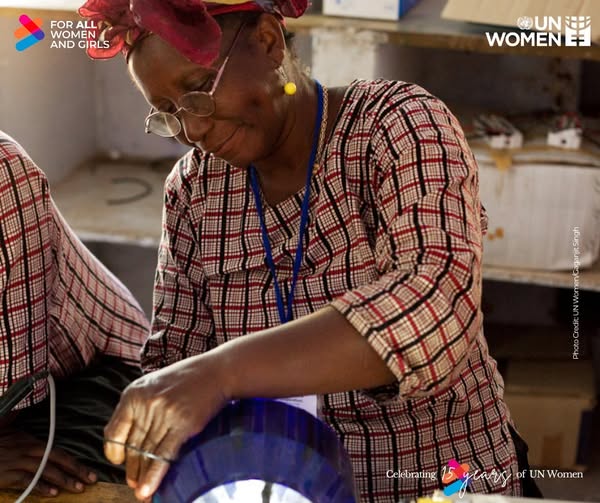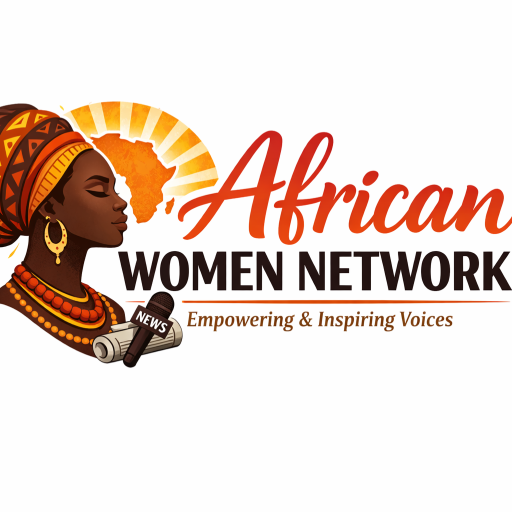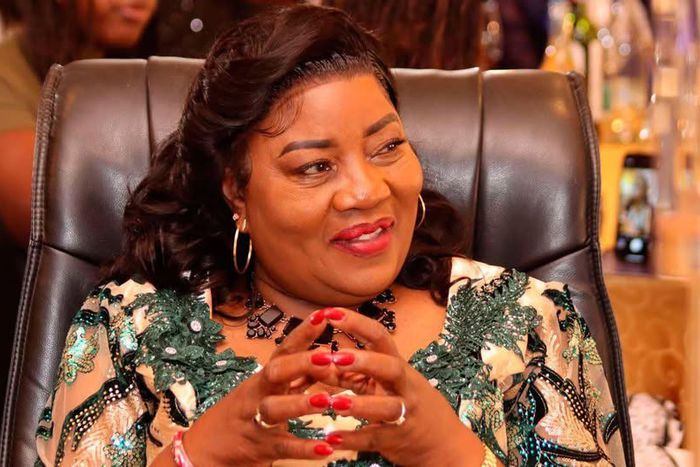
In the heart of rural Liberia, Bawor Mamma, a 53-year-old farmer turned community leader, is transforming lives the one solar lantern at a time initiative.
Her inspiring journey from a post-conflict village to becoming one of Liberia’s first barefoot solar engineers is a powerful testament to what happens when women are empowered with knowledge, opportunity, and purpose.
In 2012, Bawor was selected to participate in a groundbreaking UN Women-supported initiative that sent rural women from across the Global South to Barefoot College in India, a pioneering institution known for training women,many of them illiterate or semi-literate in solar engineering.
Despite having no formal education in the field, Bawor embraced the challenge, mastering the skills to assemble, install, and maintain solar lighting systems.
Upon returning to Liberia, she brought more than just technical know-how.She brought hope and sustainable energy to communities long underserved by infrastructure. With her newly acquired expertise, she began assembling and installing solar lanterns and home lighting systems, reducing dependency on kerosene and diesel, improving safety, and enabling children to study at night.
Her work has reached hundreds of households, significantly improving quality of life by providing clean, renewable, and affordable lighting in villages where electricity was once a luxury. In the process, Bawor has also trained other women in basic solar technology, fostering a ripple effect of skills transfer and empowerment.
Beyond her technical contributions, Bawor has become a symbol of resilience and innovation in a country still recovering from years of civil conflict. She now serves as a mentor and advocate for rural women’s empowerment, encouraging others to embrace non-traditional roles in technology, energy, and leadership.
“We used to wait for daylight to do anything. Now, with solar, we can work, cook, and our children can learn after dark. It has changed everything,” she shared in a local community forum.
Bawor’s story reflects the broader potential of renewable energyas a tool for development and the transformational impact of investing in women’s technical skills. Her leadership illustrates that when rural women are given the tools and trust to lead, they can drive progress for entire communities.
As governments and development partners increasingly turn to climate-smart solutions and gender-inclusive strategies, Bawor Mamma’s legacy stands as a powerful example of how grassroots innovation and women’s empowerment can go hand in hand,lighting the way to a brighter, more equitable future.






